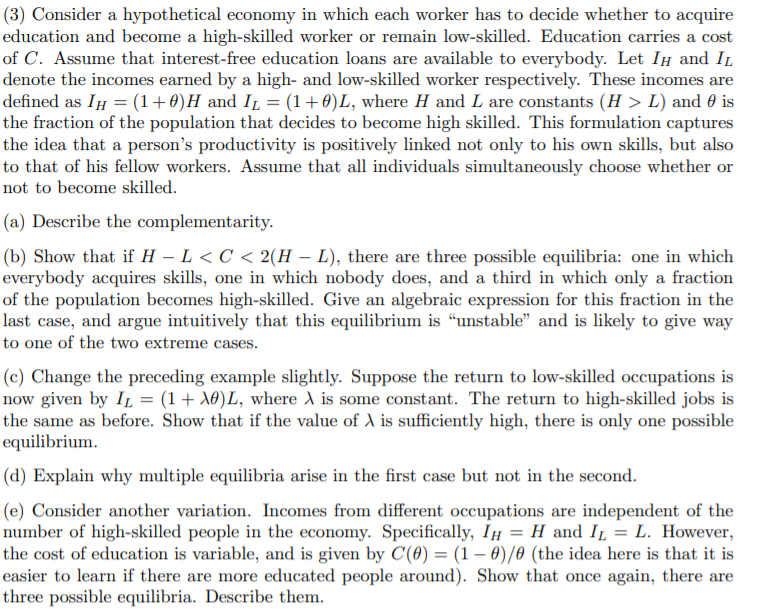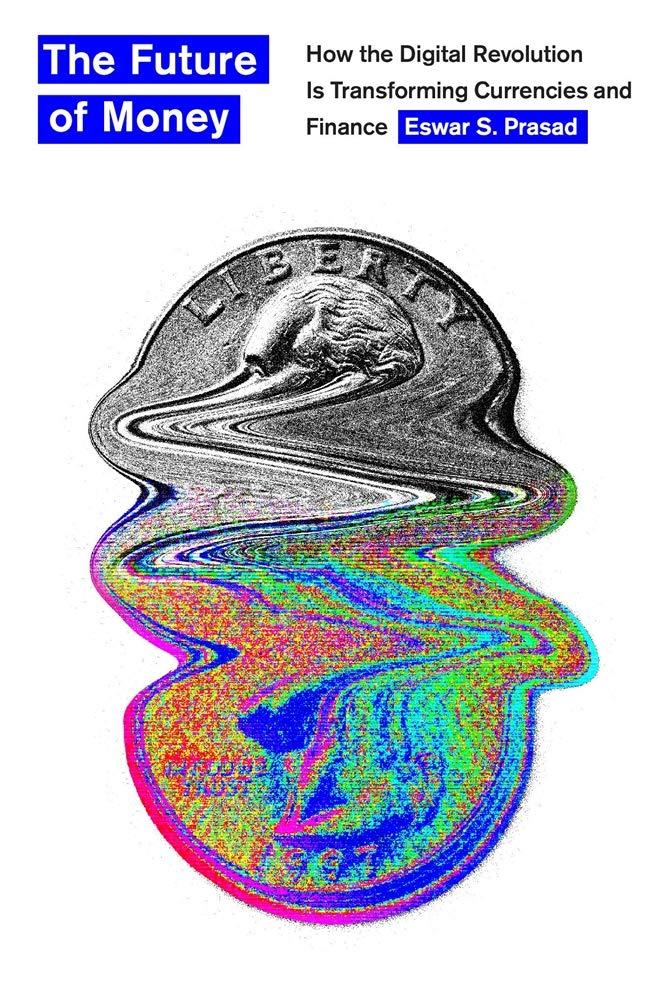Answered step by step
Verified Expert Solution
Question
1 Approved Answer
(3) Consider a hypothetical economy in which each worker has to decide whether to acquire education and become a high-skilled worker or remain low-skilled. Education

Step by Step Solution
There are 3 Steps involved in it
Step: 1

Get Instant Access to Expert-Tailored Solutions
See step-by-step solutions with expert insights and AI powered tools for academic success
Step: 2

Step: 3

Ace Your Homework with AI
Get the answers you need in no time with our AI-driven, step-by-step assistance
Get Started


